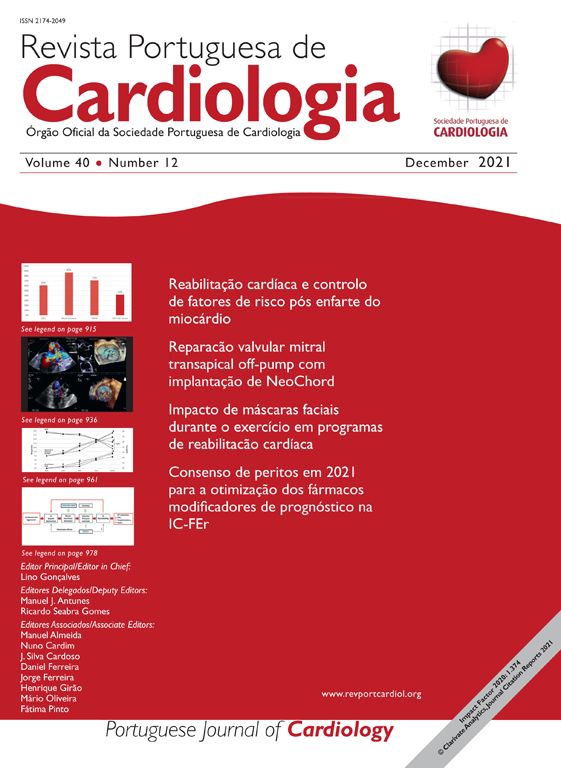In this issue of the Journal, Sergio Raposeiras-Roubín et al.1 present an original study that identifies the Global Registry of Acute Coronary Events (GRACE) risk score as an independent predictor of 30-day mortality and major cardiovascular events in patients with acute coronary syndrome (ACS).
The ability to identify patients at risk for clinical events that endanger their lives or worsen their prognosis is one of the most important goals in medicine. But this goal makes more sense if identifying at-risk patients leads to therapeutic strategies that reduce the risk. This is the rationale behind risk scores, diagnostic tools that improve physicians’ ability not only to identify high-risk patients but to select the most appropriate strategies to reduce risk.
Of the available scores for estimating risk associated with ACS, the GRACE score appears to be the best.2,3 It has been validated for identifying ACS patients at risk of in-hospital4 and six-month5 mortality, and according to Raposeiras-Roubín et al., it can also be used to identify ACS patients at risk of death and cardiovascular events within 30 days.
First of all, the authors are to be congratulated on the low event rate in their study; in an all-comer population admitted and treated between 2004 and 2010, 30% (n=1332) of whom had ST-segment elevation myocardial infarction and 15.5% were in Killip class >2, 30-day mortality was 0.7%; the combined event rate was 2.7%, including 1% reinfarction, 1.3% heart failure, and 0.2% stroke. These numbers reflect not only the excellence of the center, but also the impact of recent developments in treatment options, which are more effective and safer than those available in the GRACE registry five years previously in the era of glycoprotein IIb/IIIa inhibitors and before the advent of drug-eluting stents. As an example, the incidence of percutaneous coronary intervention in Raposeiras-Roubín et al.’s series was 64.5%, compared to only 28% in the GRACE registry,4 which would partly explain the difference in clinical outcomes during hospitalization and after discharge. The point I want to make is that the circumstances that gave rise to the GRACE score no longer apply. It is easier to identify an event with an incidence of 6–7% than one that is 10 times less frequent (0.7%); a tool designed to be applied in the former context may fail in the latter.
When applied by the authors, the GRACE score identified 1601 patients (37.9%) as being at high risk of death, but this occurred in only 11 (0.7%), giving a positive predictive value of 5.3%, which is too low to be useful for the selection of more aggressive therapeutic strategies that involve greater risks and higher costs.
There is a need for scores that can more accurately identify patients at high risk for major cardiovascular events for whom more aggressive treatment would be more effective in prevention, and thus justify the higher risks and costs. This may mean a more complex score that better reflects the current situation, with the possible drawback of it being used less by physicians.
A magnifying glass is a simple instrument that is adequate for examining a macroscopic object but is clearly useless for the microscopic world, for which more powerful and accurate instruments are required, even if they are more complex. A GRACE 3.0 is needed.
Conflicts of interestThe authors have no conflicts of interest to declare.
Please cite this article as: de Sousa Almeida M. Será necessário um GRACE 3.0?. Rev Port Cardiol. 2015;34:393–394.



